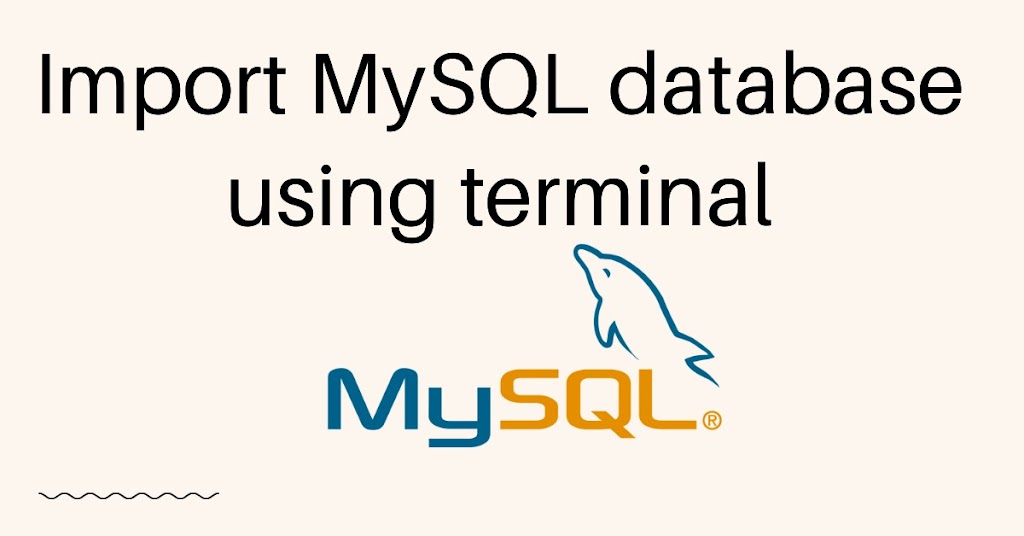
Insider Tip : Boost MySQL optimization table
Contents
Improving MySQL optimization table is essential for effective data storage. A more efficient and productive database infrastructure is required as companies depend more and more on data-driven insights. Even with its reputation for resilience and adaptability, MySQL may gain a great deal from well-executed optimization techniques. We explore several facets of MySQL optimization table in this tutorial, with a particular emphasis on table administration. You can improve user experiences and streamline operations by optimizing and performance of your MySQL database.
Learning the Fundamentals of MySQL Optimization
MySQL optimization is the process of improving the efficiency and streamlining the database’s processes to fine-tune its performance. A MySQL database that has been properly optimized may store and retrieve data quickly, process complicated queries with easy, and guarantee smooth connections between databases and applications. Although there are many factors to take into account throughout the optimization process, concentrating on table management is essential to improving the overall performance of the database.
MySQL optimization table Techniques
Effective Indexing Techniques
MySQL optimization table requires efficient index creation and management. It is possible to improve query performance and speed up data retrieval by carefully indexing the pertinent columns. By using the right indexing algorithms, you may dramatically cut down on query execution time, which will improve your MySQL database’s overall performance.

Just the indexes you require to enhance query performance should be created. Although they slow down insert and update activities, indexes are useful for retrieval. Instead of creating a separate index for each column, establish a single composite index on the columns that are the main source of access to the database when searching on a combination of them. The most frequently used column should appear first in the index. In order to achieve optimal index compression, it is recommended that the column with the highest number of duplicates be the first one in the index while picking data from the table.
Simplified Data Partition
Significant performance gains can be achieved by partitioning data in MySQL optimization tables, particularly for large datasets. You may maximize storage space utilization and improve data retrieval time by breaking up large amounts of data into smaller, easier-to-manage chunks. Your MySQL optimization table can run much better if you use data partitioning techniques based on certain data patterns and use cases.
Based on particular data requirements and usage patterns, MySQL provides a variety of row formats that can be used to enhance table speed and storage. The database’s overall performance, storage capacity, and speed of data retrieval are all impacted by the way data is stored and arranged thanks to these row types. Below are the list of InnoDB Rows Format that provided by MySQL.
- Compact Row Format
- Dynamic Row Format
- Compressed Row Format
- Redundant Row Format
- Dynamic Compressed Row Format
Consistent Database Maintenance Procedures
Maintaining the long-term stability and performance of your MySQL optimization table requires proactive and regular database maintenance. Data breakdown can be avoided and overall database performance can be improved by carrying out routine operations including data backup, index reorganization, and statistics updates. Besides from that, continuous monitoring and resolution of any possible problems can avoid decrease of performance and guarantee smooth database operations.
Query Optimization That Works
Maximizing the effectiveness of MySQL optimization table necessitates for SQL queries. You may greatly enhance query performance by examining query execution plans, locating inefficient queries, and reorganizing complicated queries. Using strategies like query caching and reducing unnecessary data retrieval will improve your MySQL database’s responsiveness and speed even further.


